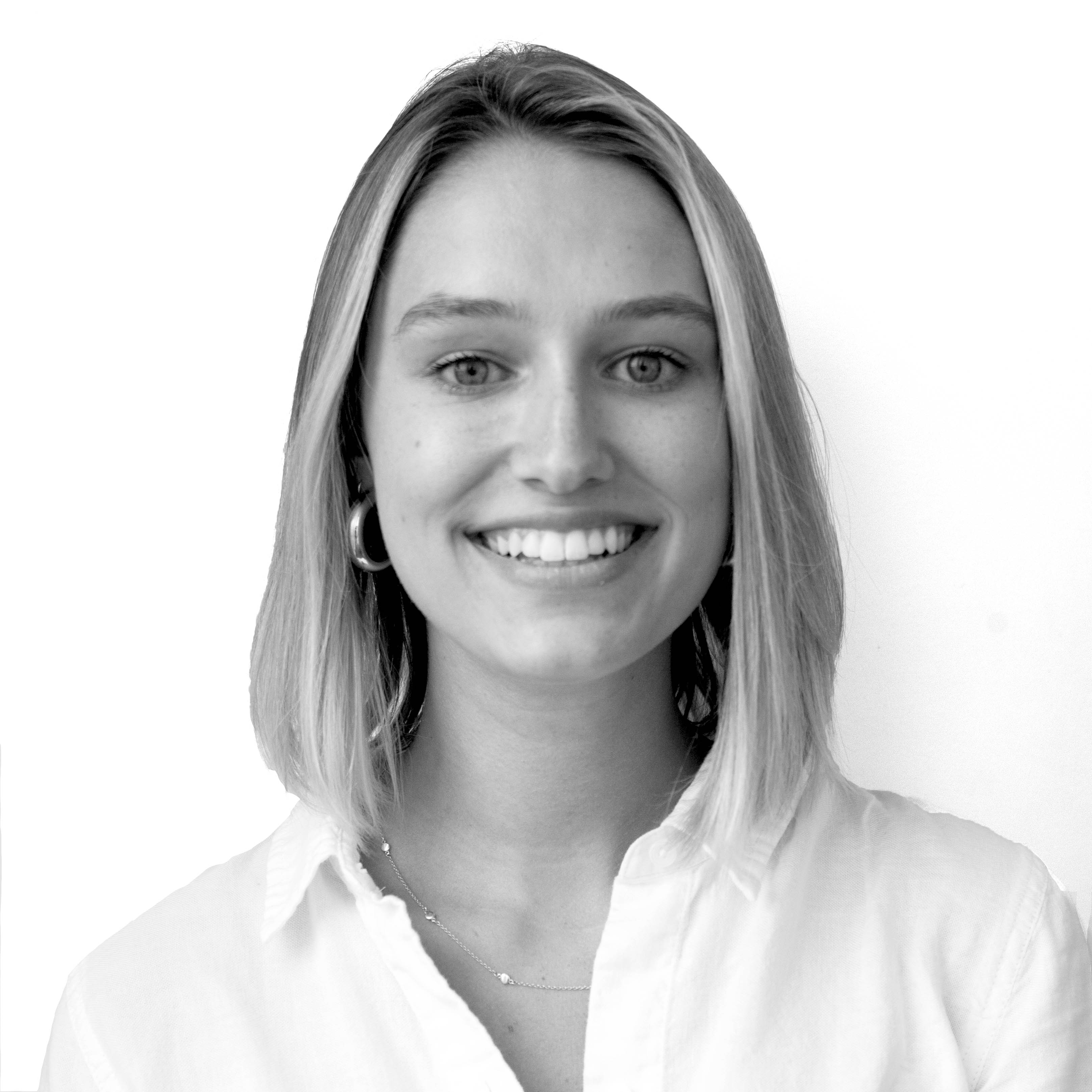Mila Kunis is speaking out about her Ukrainian roots in a new interview with Maria Shriver. Along with her husband, Ashton Kutcher, the actress is hoping to raise $30 million to support Ukrainian refugees escaping the devastation of the Russian invasion.
Kunis was born in Chernivtsi, Ukraine, in 1983, and migrated to the United States with her family when she was seven years old. “I very much have always felt like an American,” she tells Shriver in the interview. “People were like, ‘Oh, you’re so Eastern European.’ I was like, ‘I’m so LA!’’”
But despite her sense of American identity, witnessing the humanitarian crisis in her native country has made Kunis feel deeply connected to her Ukrainian heritage. “This happens, and I can’t express or explain what came over me, but all of a sudden I was like, ‘Oh my God, I feel like a part of my heart just got ripped out,’” she says.
According to another clip from the interview, the That '70s Show star has been trying to share her newly uncovered Ukrainian pride with her children. She explains how she has always described herself as Russian in spite of being born in Soviet Ukraine. “It’s been irrelevant to me that I come from Ukraine. It never mattered, so much so that I’ve always said I’m Russian,” Kunis says, citing that more people were likely to recognize Russia than Ukraine. Now, however, she is setting the record straight with an emphatic, “Hell no! I’m from Ukraine.”
Still, Kunis does not want Russian civilians to be seen as the enemy, she tells Shriver. “I do really want to emphasize that. I don’t think that that’s being said enough in the press,” she says. “I think that there’s now, ‘If you’re not with us, you’re against us’ mentality. And I don’t want people to conflate the two problems that are happening. I don’t think it’s the people of Russia, and so I don’t want there to be a thing of, ‘All Russians are horrible human beings.’ I don’t want that to be the rhetoric, so I do encourage people to look at it from the perspective of, ‘It’s the people in power, not the people themselves.’”
The full interview will be available on Sunday in Maria Shriver’s Sunday Paper newsletter as part of the journalist’s Conversations Above the Noise digital series.







